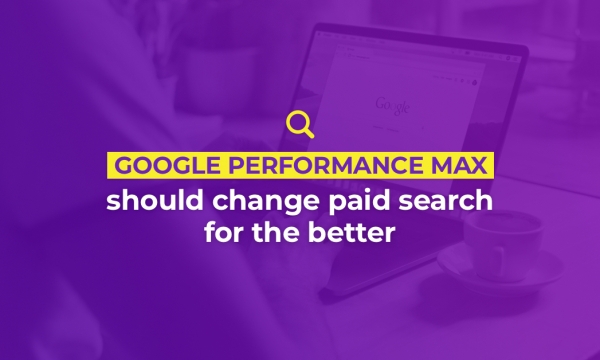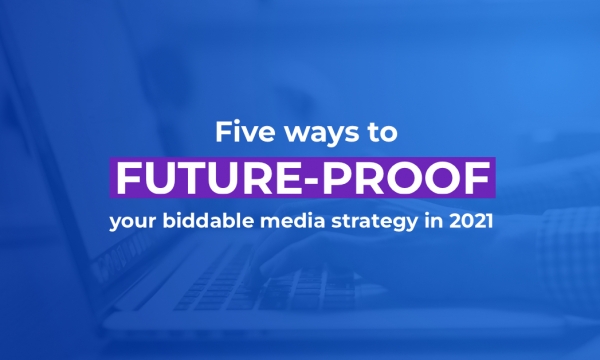The world of paid search and biddable media has changed incredibly over the last year with enhanced campaigns, cross device and offline tracking all making a significant mark on the industry.

However, despite all of these advances, the general principle of increasing the volume or quality, relevant traffic to your site still remains. But how can you use these advances to your advantage, and how do you ensure that your click-through rates don’t suffer? Here are five key considerations that, if implemented correctly, will deliver greater click-through success.
Relevant Ad Copy
Increasing relevancy to a user’s search is at the heart of every PPC advertiser’s quest to improve performance. Whilst it sounds obvious, ensuring ad copy is as relevant as possible to the keyword the user searches will improve the chances of that user clicking through to your site as opposed to a competitor. Dynamic keyword insertion and dynamic adverts are both proven ways to improve CTR.
Account Structure
It is all well and good having relevant ad copy in the account, but if your ad groups are not targeted enough and are “too wide”, it can lead to irrelevant ad copy being shown to the users search query. It is vital that structures are as granular and tightly themed as possible. This will dramatically improve relevancy across the account, allowing you to appear in the most relevant search queries.
Keyword Match Types
Using modified broad match and phrase match keywords is the most cost-efficient way to grow traffic volumes via PPC, without losing relevance to the user search query or to the business objectives of the advertiser. This will ensure that irrelevant searches do not trigger keywords in the account.
As an example, if you’re using exact match on the keyword [Black Shoes], you’re only going to appear for the term “black shoes”, missing out on potentially valuable traffic for “cheap black shoes” and “leather black shoes”. Modified broad or phrase match overcomes this problem.
Negative Keywords
As important as having a good mix of keyword match types in an account is to the overall success of a paid search campaign, just as crucial to the success of the campaign are the negative keywords. Negative keywords ensure that your broad and phrase match keywords do not trigger any “irrelevant” searches to your overall business objectives by preventing the keywords in the account from entering that keyword level auction.
So, if you’re an entertainment retailer selling copies of FIFA 14, using negative keywords such as “FIFA World Cup Brazil” or “FIFA World Cup 2014” will ensure your ads do not show for these keywords.
Extensions
Extensions are a great way to improve the “real estate” of your PPC advertisements when displayed in the Google or Bing search results pages.
Extensions are commonly used to give users greater options and flexibility to click through to specific pages or different areas of the site that may be relevant to their search query, even if they are different to the context of the ad. Extensions can also be used to promote physical locations of stores and offices, for data capture of e-mail addresses and also to promote positive reviews of a client’s product or service.
How effective is it?
The below graph highlights the changes in performance for one of our new retail sector clients, when all of the above elements were deployed in comparison to their previous campaign activity.

On this particular account, purely by applying the above steps, the CTR improved by 100% from the launch, when compared to stats at the start of the month, and have remained at consistently higher levels over the last seven months. This has generated an uplift in traffic of 45% for the client leading to an increase in conversion volume of 76%.
If you would like our PPC experts to provide an appraisal of your paid search activity, please get in touch.



